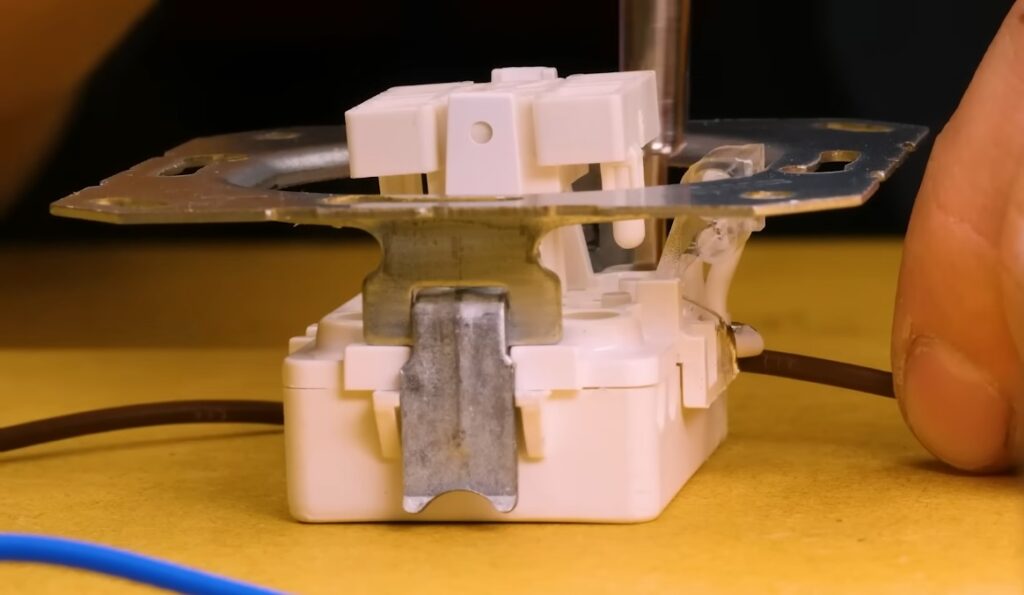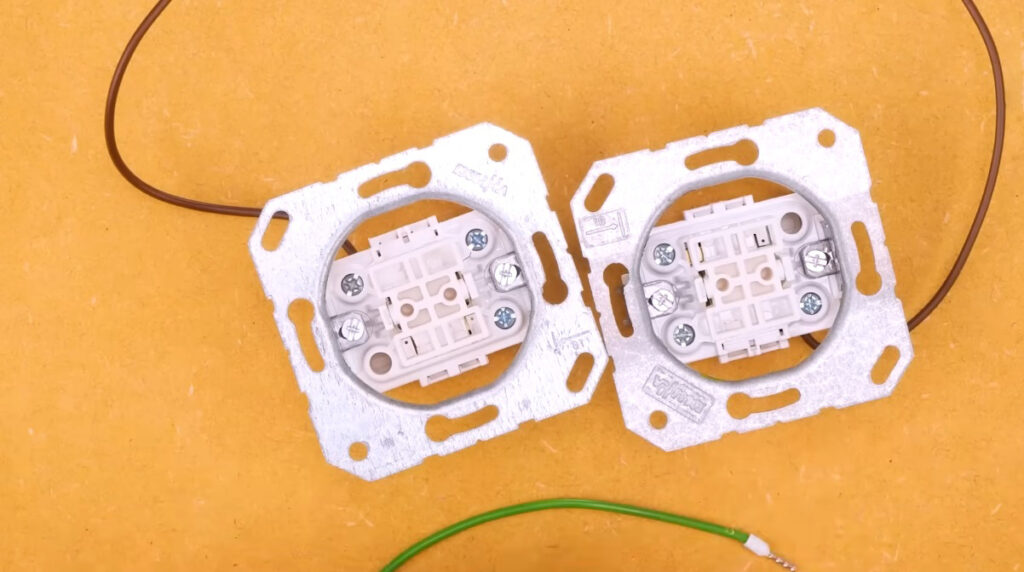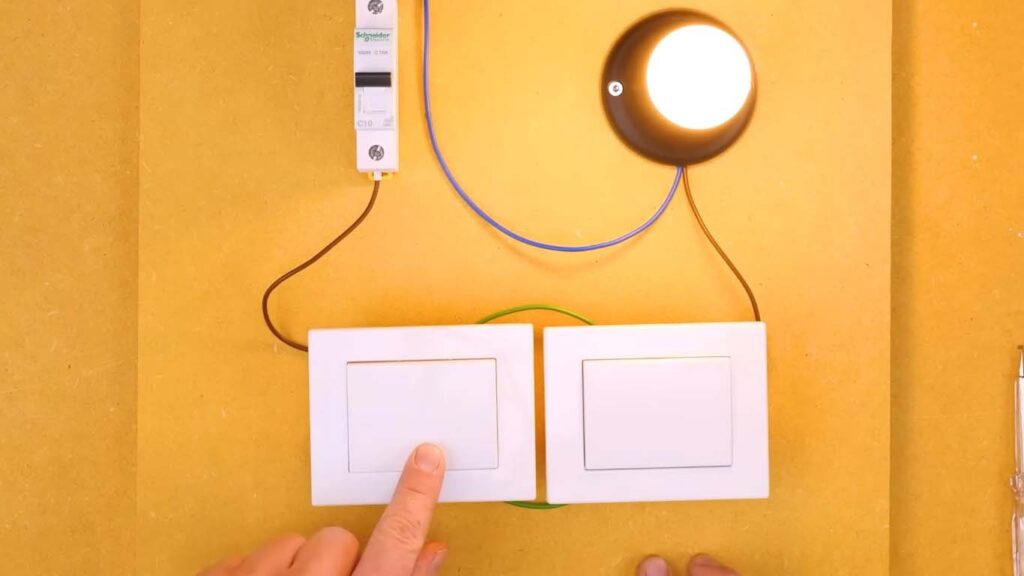As technology advances and new products are released every day, the electrical industry can be seen rapidly changing. With a constantly evolving market and customer demands, companies in this sector must stay competitive by keeping up with the newest trends. In this blog post, we’ll take a look at some of the most significant changes that have occurred in recent years for those working within the electrical industry. We’ll analyze how these shifts have impacted businesses and customers alike, as well as what they mean for professionals moving forward. By understanding what is shaping up to be an innovative future, you’ll get ahead of competitors while gaining insight into more efficient operational practices.
IoT and Automation
The electrical industry is rapidly changing due to the rise of Internet of Things (IoT) and automation. IoT has been gaining traction in recent years, with its ability to connect devices and machines remotely for both data collection and remote control. Automation, on the other hand, allows businesses to automate previously manual processes like scheduling, inventory management, and customer service.

Additionally, many government agencies have begun implementing regulations that encourage businesses to use these technologies more widely. The resulting increase in demand for smart electrical equipment, such as sensors and electrical infrastructure, is driving growth in the electrical industry.
Overall, IoT and automation are transforming the electrical industry at a rapid pace. Companies must stay up-to-date on the latest developments in order to remain competitive. Leaders in this space must be prepared to adapt quickly to changing trends and ensure that their products meet new standards of efficiency and safety. As these technologies become more widely adopted, they will continue to shape the future of the electrical industry for years to come. [1]
How IoT is Changing the Electrical Industry
The electrical industry is currently experiencing a revolution due to the introduction of the Internet of Things (IoT). IoT technology has allowed for unprecedented levels of automation, data collection, and predictive analytics in the electrical industry. As a result, it is changing the way that electricians operate and how businesses manage their operations.
One major benefit of IoT for electrical companies is remote monitoring. Electrical systems can now be monitored remotely from anywhere in the world. This helps prevent downtime due to unexpected issues and also allows technicians to focus on other tasks while they monitor potentially problematic areas. Additionally, this data can help optimize energy usage and alert operators if problems arise.
IoT technology has also enabled better predictive maintenance capabilities for electrical companies. Predictive maintenance allows electricians to identify potential problems before they become serious, allowing them to take corrective action sooner and avoiding major downtimes or costly repairs. This data-driven approach to maintenance helps businesses save money by reducing unexpected costs and providing more efficient service. [2]
The introduction of IoT has also enabled the development of smart grids which help streamline electricity delivery. Smart grid technology automates a variety of processes including power distribution and meter reading. This eliminates manual labor and increases efficiency in the electrical industry by providing better access to data, the ability to monitor usage remotely, and improved reliability.

Overall, the use of IoT technology is transforming the way that electrical companies operate. By enabling remote monitoring, predictive maintenance capabilities, and smarter grids, it is helping to reduce downtime and optimize energy use. As the technology continues to advance, electrical companies will need to stay ahead of the curve in order to remain competitive.
Digitalization and Data Analysis
a. Leveraging Smart Technology for Increased Productivity
The electrical industry is rapidly leveraging smart technology to increase productivity. With the introduction of artificial intelligence (AI) and machine learning, electrical engineers can monitor complex systems more efficiently than before. Additionally, the use of Big Data analytics gives manufacturers insight into system performance, allowing them to make adjustments quickly and accurately. This increased level of data-driven decision making helps companies optimize their production processes, reduce energy consumption, and improve operational efficiency.
b. Making Use of Data Analysis to Enhance Decision-Making Processes
Data analysis is also being used to improve decision-making processes in the electrical industry. By utilizing predictive algorithms and simulation models, electrical companies can accurately forecast changes in markets and customer needs. This allows them to respond quickly to unforeseen events, while ensuring that their decisions are based on reliable data. Additionally, data analytics can be used to identify potential problems before they arise, reducing production costs and increasing customer satisfaction.
Renewable Energy Sources
a. Transitioning to Renewable Energy Sources in the Electrical Industry
The electrical industry is on a steady path towards transitioning to renewable energy sources, such as solar and wind. This shift will help reduce our carbon footprint and move us towards more sustainable energy options. It is important for the industry to embrace this change in order to stay competitive and ensure success in the future.
b. Benefits of Going Green
By transitioning away from traditional fossil fuels and onto more sustainable sources of energy like solar or wind, the electrical industry can benefit in multiple ways. Not only does this reduce our environmental impact, but it also reduces costs associated with fuel expenses. Additionally, focusing on renewable energy helps promote new jobs and businesses in clean technology sectors.

c. Challenges Ahead
Although there are many benefits of switching to renewable energy sources, there are still significant challenges that the electrical industry must face. These include finding ways to store energy efficiently, developing new technologies to make renewable energy more affordable and reliable, and dealing with issues such as inconsistent weather patterns or limited access to resources. With proper implementation and collaboration between stakeholders, however, these challenges can be overcome. [3]
d. Harnessing Solar, Wind and Hydropower for Improved Performance
Solar, wind and hydropower are increasingly becoming viable sources of energy for the electrical industry. By harnessing these renewable resources, we can improve our performance and reduce our environmental impact. Solar energy has the potential to provide a large portion of electricity needs, while wind power can help supplement existing energy supplies.
The Impact of Artificial Intelligence on Electrical Engineering
The use of Artificial Intelligence (AI) in the electrical industry is on the rise, with new technologies pushing the boundaries of what is possible. AI can be used to automate many processes, such as design and optimization, helping engineers develop more efficient solutions quicker than ever before. AI can also be used for fault detection and prediction, allowing businesses to detect and prevent potential problems before they occur. This helps to reduce downtime and optimize maintenance costs. Additionally, AI can enable smarter decision making by aggregating data from multiple sources and providing insights that help engineers improve their designs or operations.

The electrical engineering sector stands to benefit greatly from these advances in artificial intelligence. Automation will allow engineers to focus more on innovation rather than mundane tasks like manual calculations, while predictive analytics can help reduce costs and improve efficiency. AI-enabled robots and drones can also be used to inspect and maintain complex electrical systems, providing valuable insight while limiting human risk. The possibilities for AI in the electrical engineering sector are vast, making it an essential tool for businesses who want to stay ahead of the competition.
As artificial intelligence continues to develop and become more widely adopted, engineers should prepare themselves for the technology’s potential impact on their industry. Businesses that embrace AI will likely reap significant rewards in terms of cost savings, improved safety standards, higher productivity levels, and better decision-making capabilities. It is important that engineers remain open-minded about this emerging technology and invest in developing their skills accordingly. Doing so will ensure that electrical engineers are well positioned to take advantage of AI and stay competitive in the ever-evolving industry. [4]
By investing in Artificial Intelligence, businesses can remain ahead of the curve in terms of efficiency, safety, and cost savings. With its potential to revolutionize the electrical engineering sector, AI is an essential technology for those looking to stay competitive in the industry. It is important that engineers remain aware of this emerging technology and invest in developing their skills so they can make the most out of it. Doing so will help position them as leaders and innovators within their field and allow them to fully capitalize on its potential.
Developing AI-Powered Automation Solutions
In the electrical industry, automation solutions powered by AI are becoming increasingly popular. With their ability to rapidly analyze and process data, these solutions can help cut costs for manufacturers and reduce labor time for businesses of all sizes. This technology is being used in a variety of applications including power management systems, safety monitoring systems, and predictive maintenance programs. AI-powered automation solutions have the potential to revolutionize the way that electrical companies operate, allowing them to streamline operations while still ensuring quality control.

Additionally, these solutions can help reduce waste from inefficient processes and provide insights into customer behavior that can enable better decision making. As the technology continues to evolve, there will be even more opportunities for businesses to take advantage of these powerful tools. It is important for companies in the electrical industry to stay abreast of the latest developments and adopt AI-powered automation solutions that can help them maximize productivity while reducing costs.
By embracing this technology, companies in the electrical industry can remain competitive and remain ahead of their rivals. With automation solutions powered by AI, businesses will be able to operate more efficiently and effectively than ever before. As the market for these solutions continues to grow, it is important for companies to keep up with trends in order to stay ahead of the competition and ensure long-term success. [5]
Developing Smart Grid Solutions
Another trend within the electrical industry is development of smart grid solutions. These systems use advanced algorithms and sensors to optimize energy usage throughout a building or facility. This technology can help businesses save money by reducing energy waste, and it can also provide data that can be used to optimize operations. As the industry continues to evolve, smart grid solutions will become increasingly important for companies in the electrical sector.
By leveraging these systems, businesses can reduce their energy consumption while still ensuring quality and reliability of service. Smart grids are quickly becoming a necessity for many businesses as they strive to remain competitive and minimize overhead costs associated with energy usage. Companies need to stay up-to-date with developments in this field in order to ensure that they have access to the latest advancements and are able to take advantage of them when needed.
The electrical industry is constantly evolving, and new trends are emerging all the time. By staying on top of all the latest developments, companies can ensure that they remain competitive and are able to take advantage of new solutions as they become available. AI-powered automation solutions and smart grid technology are just two examples of how the industry is changing, and businesses should be prepared to capitalize on these opportunities in order to stay ahead of their rivals.

FAQ
What is the future of the electrical industry?
The electrical industry is projected to continue its rapid growth over the next decade as technological advancements and new energy sources revolutionize the way power is generated, stored, and distributed. In particular, the development of renewable energy sources such as solar and wind are expected to drive significant growth in the sector, with clean energy sources becoming increasingly viable alternatives for large-scale electricity generation. Additionally, advances in smart grid technology will allow electric utilities to better manage and optimize their networks, leading to increased efficiency and cost savings. Finally, increased demand for low-voltage solutions such as intelligent lighting systems will result in further expansion of the market. Thus, it is safe to say that there are many exciting opportunities for those involved in the electrical industry moving forward.
What are the different types of electrical industry?
The electrical industry can be roughly divided into three main categories: power generation, transmission and distribution, and low-voltage solutions. Power generation involves the production of electricity from natural sources such as coal, oil, gas, hydroelectricity, and nuclear energy. Transmission and distribution involve the transportation of electricity from the source to where it is needed using high-voltage lines. Finally, low-voltage solutions include products such as lighting systems, home automation systems, security systems, etc. that use less than 50 volts of electricity for their operation. Each of these areas carries its own set of unique challenges and opportunities for those involved in the sector.
What are some key trends in the electrical industry?
Some key trends in the electrical industry include the growth of renewable energy sources, digitalization and automation, increasing demand for smarter power grids, and the introduction of new safety standards. Renewable energy sources such as wind and solar are becoming increasingly popular in the electrical industry. This is due to higher efficiency levels and lower operational costs. Additionally, governments are providing tax incentives and other financial support for those who choose to use these eco-friendly forms of power. Digitalization and automation technologies have also been an important trend in recent years. Automation has enabled electrical engineers to reduce labor costs while still maintaining a high standard of quality control. In addition, digital systems can be used to collect data that can be used to optimize operations or identify potential areas of improvement.
What are the changes in the electrical industry?
The electrical industry is undergoing rapid transformation due to the technological advancements in energy efficiency and renewable energy sources. There has been a shift from traditional coal-based electricity generation towards cleaner, greener forms such as solar and wind power. Additionally, electric vehicles are becoming more popular with consumers, leading to increased demand for charging infrastructure. The industry is also seeing an increase in automation and digitalization, with smart grids helping integrate distributed energy resources into existing networks. Finally, new regulations have been put in place to reduce emissions and promote sustainability.
All of these changes have created a dynamic market that requires companies to stay ahead of trends to remain competitive.
Will automation replace electricians?
Automation is becoming increasingly pervasive in the electrical industry, but it won’t necessarily replace electricians. Automation is mainly used to streamline processes and increase efficiencies while human labor remains necessary for complex tasks such as installation, maintenance, and repair. Electricians will still be needed to ensure safety and reliability in the electrical system. Moreover, electricians have specialized skills that are not easily replicated by machines. Therefore, regardless of automation advancements, there will continue to be a demand for skilled technicians who can handle the complexities of the trade.
What are the trends in energy management?
Energy management is an important part of the electrical industry as it helps reduce waste and improve efficiency. The trend towards more efficient use of resources has led to an increase in automated energy management systems.
These systems can be used to monitor and control energy consumption, such as by turning off lights or appliances when they are not needed. In addition, technology like smart meters allow for better visibility into electricity usage patterns so that measures can be taken to reduce overall energy costs. Smart grids also have the potential to make previously unconnected parts of the grid more efficient and reliable, helping reduce peak demand and energy waste. Finally, renewable energy sources like solar and wind are becoming increasingly popular within the industry as a way to reduce reliance on fossil fuels. All of these developments provide opportunities for electrical businesses to become more sustainable and competitive in the marketplace.
Useful Video: 5 Trends Driving Energy and Utilities Industry Growth
Conclusion
As we can see, the electrical industry is undergoing massive changes. Companies must stay in tune with the latest trends and technologies to remain competitive and successful. New sources of energy such as solar and wind are becoming increasingly more popular, offering alternatives to traditional electricity sources. Automation is also becoming an important tool for large-scale production lines, reducing labor costs while improving product quality.
With so many exciting developments taking place in the electrical industry, it’s clear that these innovations will continue to reshape how we generate power and use electricity for years to come. By staying on top of the latest developments, companies can ensure they remain at the forefront of this rapidly changing field.
References
- https://blog.gitnux.com/electrical-industry-trends/
- https://www.countfire.com/blog/electrical-industry-trends
- https://yourpowerpro.com/electrical-industry-trends-2023/
- https://www.hyphensolutions.com/info/blog/6-new-electrical-trends-modernizing-the-industry/
- https://fieldedge.com/blog/electrical-industry-trends/











Leave a Reply